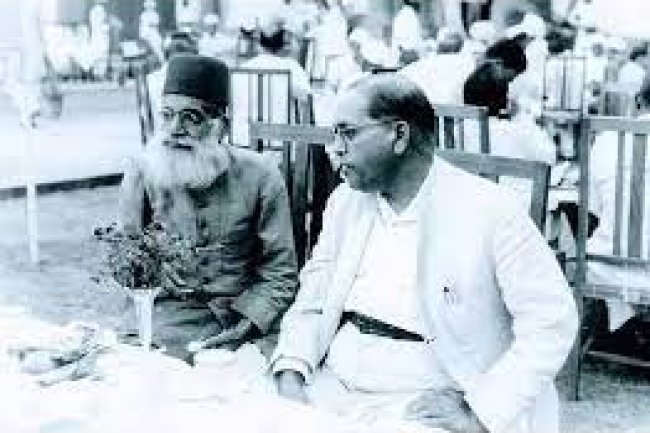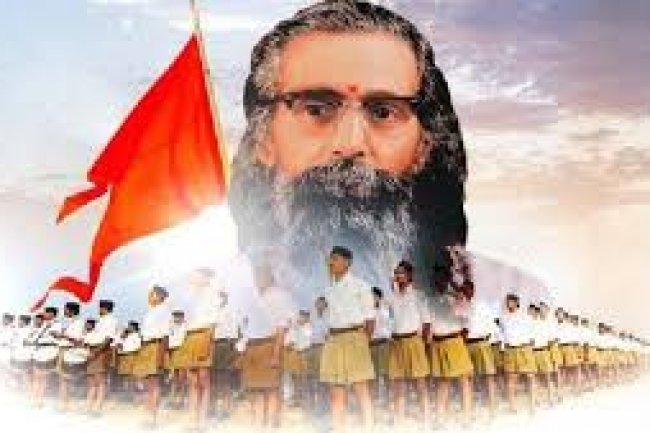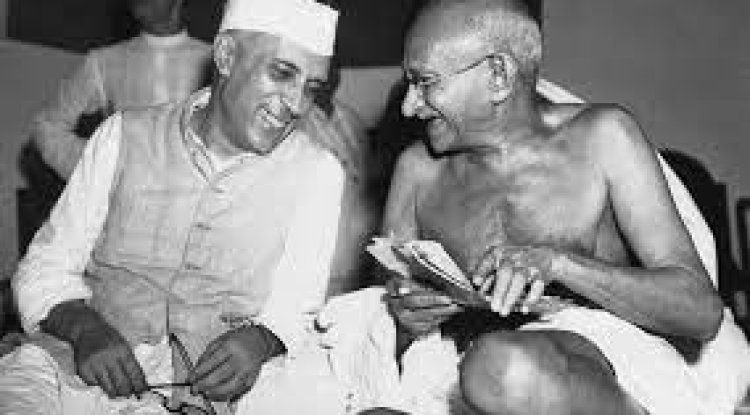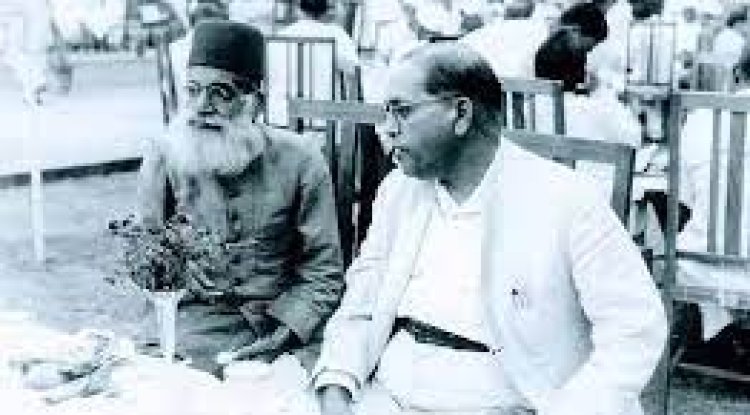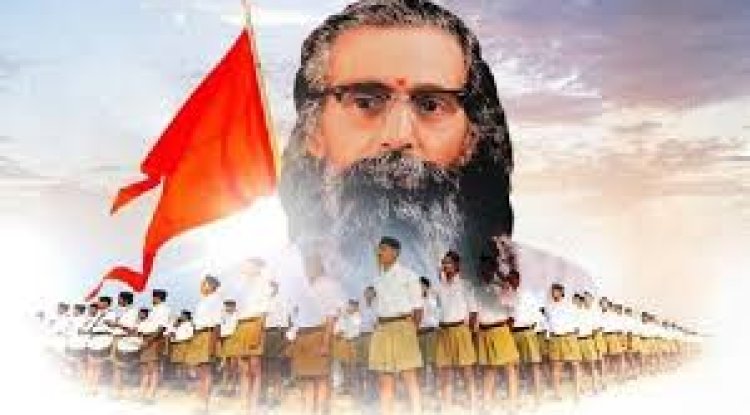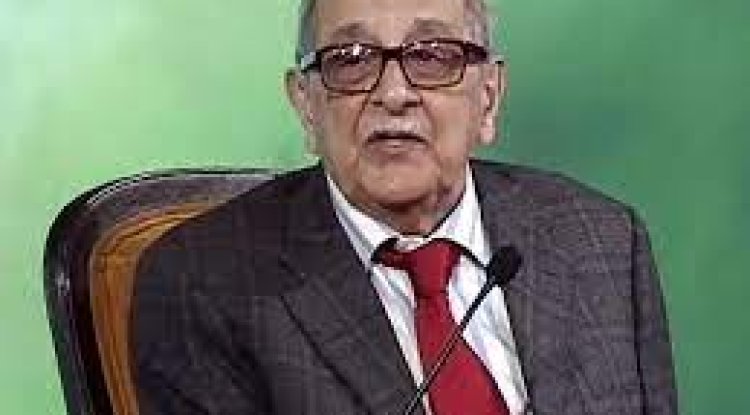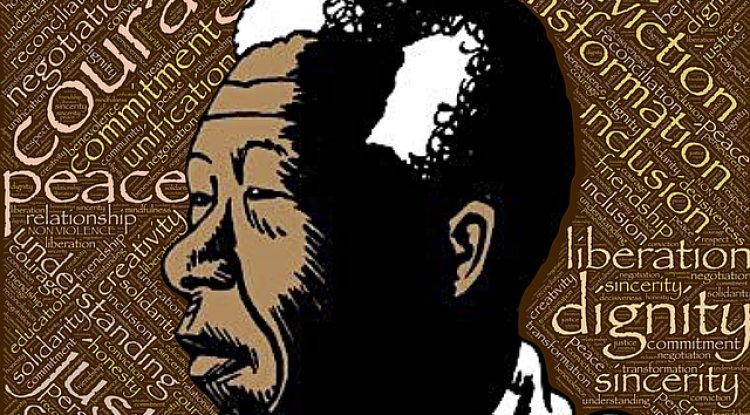Jawahar Lal Nehru was a Hindu or an Atheist?
Religion did not fascinate Jawahar Lal Nehru. For him religion was a bundle of superstitious practices and dogmatic beliefs. He views religion as an obstruction to scientific progress and mental development.
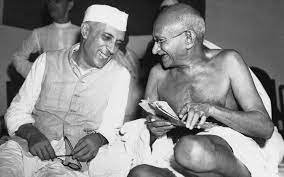
Jawahar Lal Nehru was a Hindu or an Atheist and what was his approach towards religion?
| I had no intention to dive into the religion of our former Prime Minister Jawahar Lal Nehru but the recent trend and quest of our politicians to take recourse to religion in even purely political matters can compel a citizen to figure out how his first Prime Minister won the heart and mind of people without exploiting religion. | |
| India, a land of Saints |
India has been a land of innumerable Saints, Sadhus and Gurus. They were not only spirituals, but religious as well. Therefore, our country is deeply religious and the religion has left its impress upon the national outlook, directly as well as indirectly. |
| Religion & Politics |
It is also a truth that from a time immemorial religion and the politics have been two pillars upon which the world stands, hence the current regime as well as oppositions are not shying away from associating themselves with the religious cults and visiting religious places, however the question is posed about India’s first Prime Minister, Jawahar Lal Nehru, how he invited the attention of common people without resorting to religion and whether he had relinquished Hindusim and declared himself as an Atheist. |
|
In his book on page 26 “Discovery of India” he opines about religion in these words; “Religion, as I saw it practiced, and accepted even by thinking minds, whether it was Hinduism or Islam or Buddhism or Christianity, did not attract me. It seemed to be closely associated with superstitious practices and dogmatic beliefs, and behind it lay a method of approach to life's problems which was certainly not that of science”. |
|
| What is Religion to Nehru |
In his Autobiography on page 377 in a chapter “What is Religion” Nehru pens down a couple of paragraphs in which he incisively criticizes religion with these words; “Islam and popular Hinduism offer, a safe anchorage from doubt and mental conflict, an assurance of a future life which will make up for the deficiencies of this life. I am afraid it is impossible for me to seek harbourage in this way. I prefer the open sea, with all its storms and tempests. Nor am I greatly interested in the afterlife, in what happens after death. I find the problems of this life sufficiently absorbing to fill my mind”. |
| Taoism that Nehru likes |
Hinduism, Islam and Christianity had no fascination for Jawahar Lal Nehru, however he had some inclination towards certain principles of life introduced by Laozi (founder of Taoism). Nehru’s remarks about Taoism were quite positive. He writes; “The traditional Chinese outlook, fundamentally ethical and yet irreligious or tinged with religious scepticism, has an appeal for me, though in its application to life I may not agree. It is the Tao, the path to be followed and the way of life that interests me; how to understand life, not to reject it but to accept it, to conform to it and to improve it. But the usual religious outlook does not concern itself with this world. It seems to me to be the enemy of clear thought, for it is based not only on the acceptance without demur of certain fixed and unalterable theories and dogmas, but also on sentiment and emotion and passion”. |
| Essence of religion to Nehru |
Having said that Nehru also acknowledges the essence of religion on page 26 “Discovery of India” and the impact it has on the masses in these words; “There was an element of magic about it, an uncritical credulousness, a reliance on the supernatural. Yet it was obvious that religion had supplied some deeply felt inner need of human nature, and that the vast majority of people all over the world could not do without some form of religious belief. It had produced many fine types of men and women, as well as bigoted, narrow-minded, cruel tyrants. It had given a set of values to human life, and though some of these values had no application to-day, or were even harmful, others were still the foundation of morality and ethics”. |
